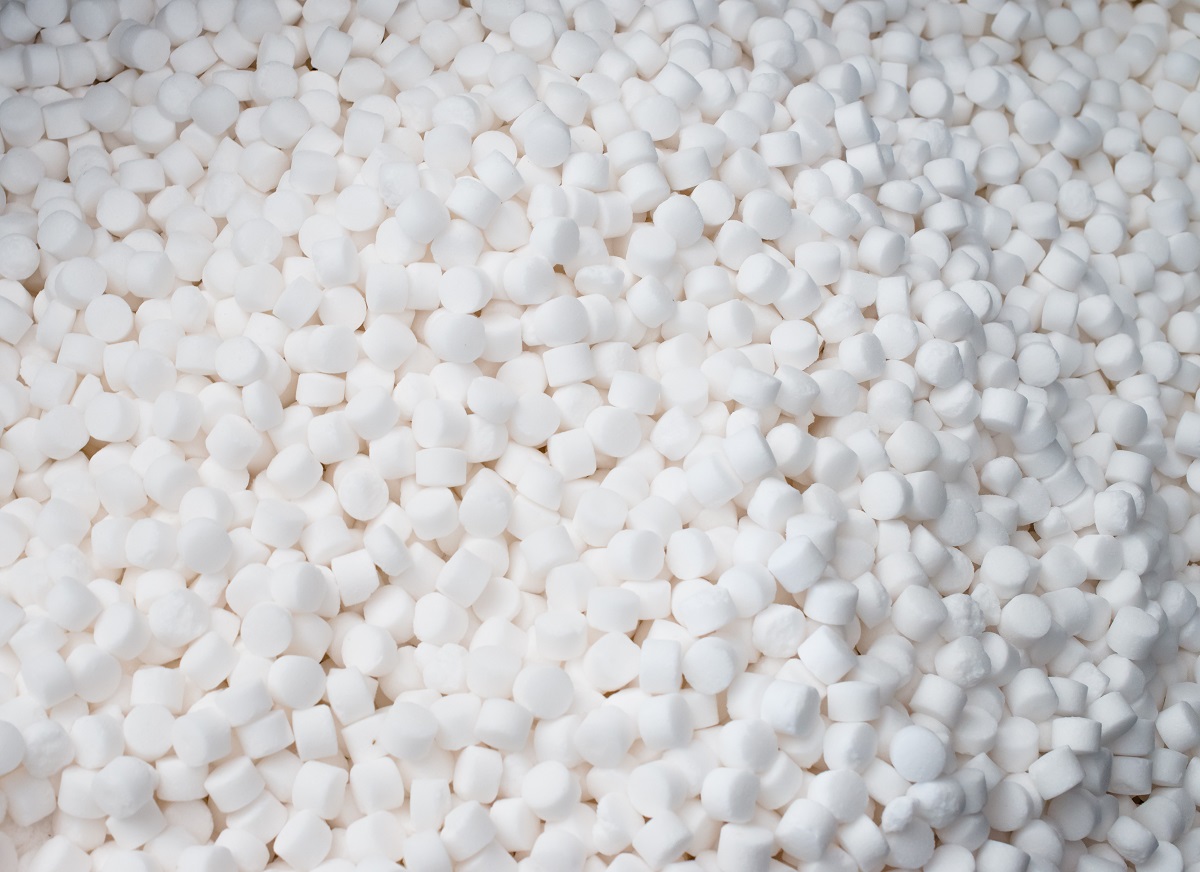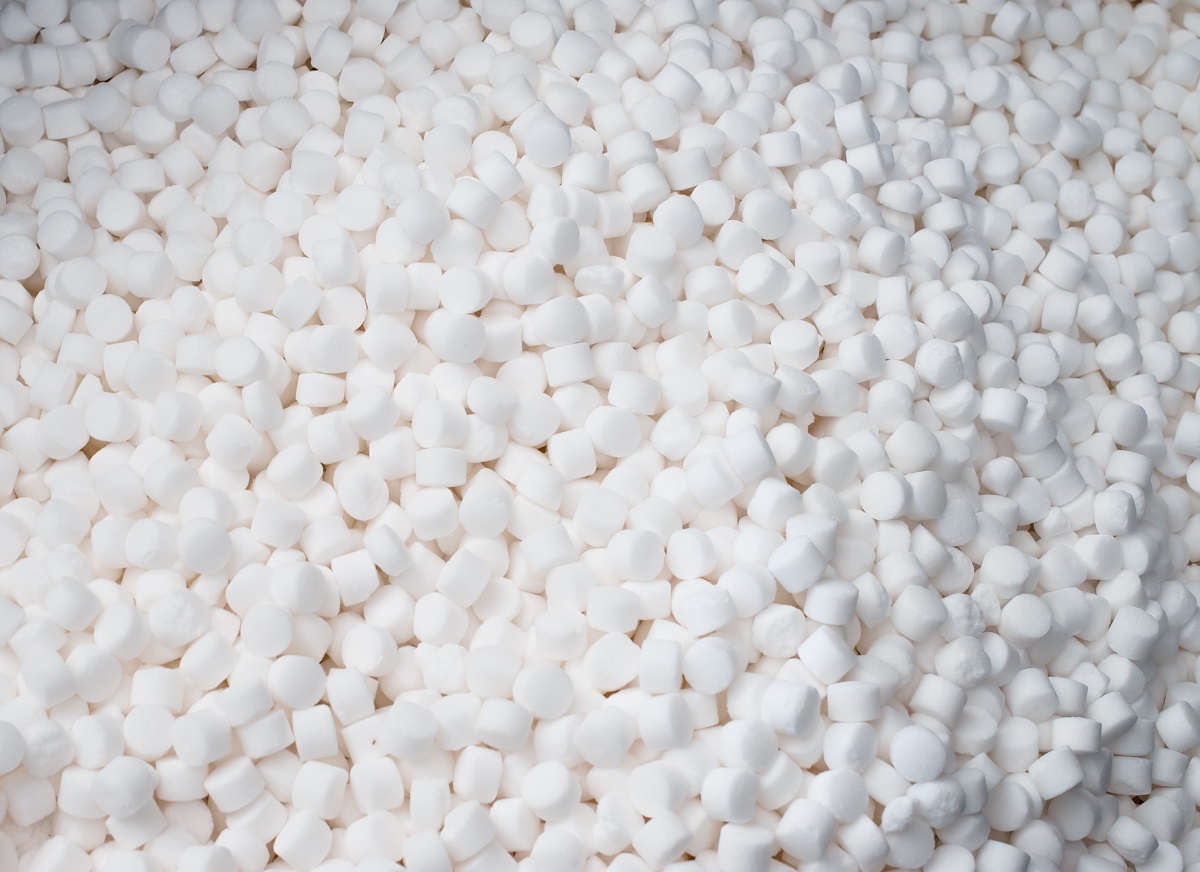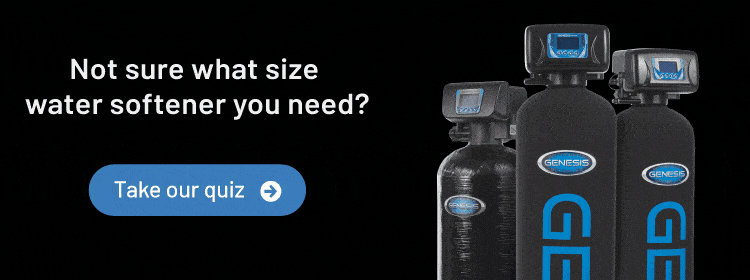What To Know Before You Buy a Salt-Free Water Softener
Posted by Discount Water Softeners on Sep 28th 2021
Everywhere you search, there are different answers to the same question: “Can I get rid of hard water without a water softener?”

Will a salt-free system really deliver the same results as a traditional water softener, without the large footprint, regular maintenance, or the hassle of buying salt? Saltless softening sounds like the ultimate convenience, but before falling victim to salt-free marketing claims, you should know that this route will lead you right back where you started…with hard water.
If you’re looking for a water softener that doesn’t use salt, save yourself the trouble— it doesn’t exist. Without the use of salt, a water treatment device that provides protection against scale is called a water “conditioner,” or “de-scaler,” and should never be expected to do the job that a traditional salt-based water softening system can do. In fact these de-scaler or conditioners do not address any of the negative affects that hard water causes.
Salt vs. Salt-Free Water Softener
A traditional water softener is a device that removes hard minerals to levels below 1 grain per gallon (gpg). True water softening involves an ion exchange process which removes both magnesium and calcium from water. By definition, softened water is water free from the dissolved salts of metals (calcium and magnesium) that form insoluble deposits like scale in pipes, and soap scum in showers, and that also interfere with the efficiency of soaps and detergents.
While a water softener requires little maintenance to consistently deliver softened water, it does require the periodic addition of softener salt to its brine tank. During the ion exchange process, a resin bed attracts hard water minerals and replaces them with sodium ions; it is this removal of magnesium and calcium and defines water softening.
When the resin media inside a softener tank becomes saturated with hard minerals and has reached capacity, the brine tank fills with water and dissolves the salt to form a brine solution. This solution is then drawn into the media tank where it rinses the media clean, sending all the hardness minerals to the drain, and the resin once again can capture hard minerals.
The benefits of using a salt-based, ion-exchange water softening system include: less soap and detergent needed to clean, increased life span of water-using appliances, cleaner, spot-free glasses and dishware, shinier, streak-free faucets, fixtures, and showers, softer, brighter clothing and whiter whites, the absence of scale build-up, fewer appliance and plumbing repairs, and the improved energy efficiency in water heaters.
We know that water hardness is the result of excess mineral content in the water, and that salt-based water softeners remove those minerals, lowering the hardness and creating softer water. A salt-free water softener claims the system works by crystallizing calcium, but without actually removing any hard minerals. The “salt free media” produces a chemical transformation that crystallizes the mineral buildup which prevents the minerals from clinging to your plumbing, laundry, and other surfaces that develops hard water scale. Saltless water softeners are not softeners at all; your water is still hard after it passes through a salt-free system.
Do Salt-Free Water Softeners Work?
The claims of the benefit of a salt-free system is the reduction of scale. If you desire spot-free glasses and dishware, whiter, brighter, and softer clothing, and less soap usage, these are not benefits you will receive from a saltless water softener system.
Will a salt-free conditioner soften your water? The answer is no. A water test would show the same results. Water containing 10 grains of hardness per gallon before treatment would still have 10 grains of hardness per gallon after treatment. The use of the word “softener” in conjunction with “salt-free” is an attempt to mislead consumers. Claiming water softening with a saltless system isn’t possible, and leaves homeowners confused and disappointed when a salt-free “softener” doesn’t meet expectations.
Salt-free water conditioners do not remove hard minerals, but rather claim to modify them to reduce scaling. Hardness minerals will still be present in your water, they simply exist in some crystallized form. The only way to eliminate soap scum, dull and rough-feeling laundry, and water stains on dishes is to employ the use of a salt based water softening system.
Most of the benefits that you get with truly softened water are not benefits you will get with a salt-free system. Here’s what you can expect from a salt-free water conditioner: prevention of scale in piping that will not see buildup even without a softener system, little maintenance, a simple install, and no addition of salt necessary.
Getting to the Bottom of It
Now you know what both a salt-free system and an ion exchange system can do for you. If you’ve noticed the telltale signs that indicate your home is suffering from hard water, and you’ve made the decision to correct it, the solution is easy. An ion exchange water softener protects the health of your home and your appliances, so take other marketing claims with a grain of salt. That is, if you truly want the benefits of soft water.


